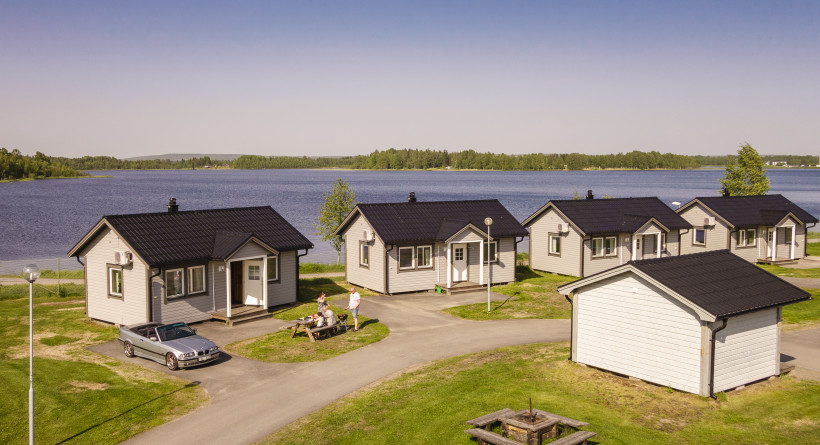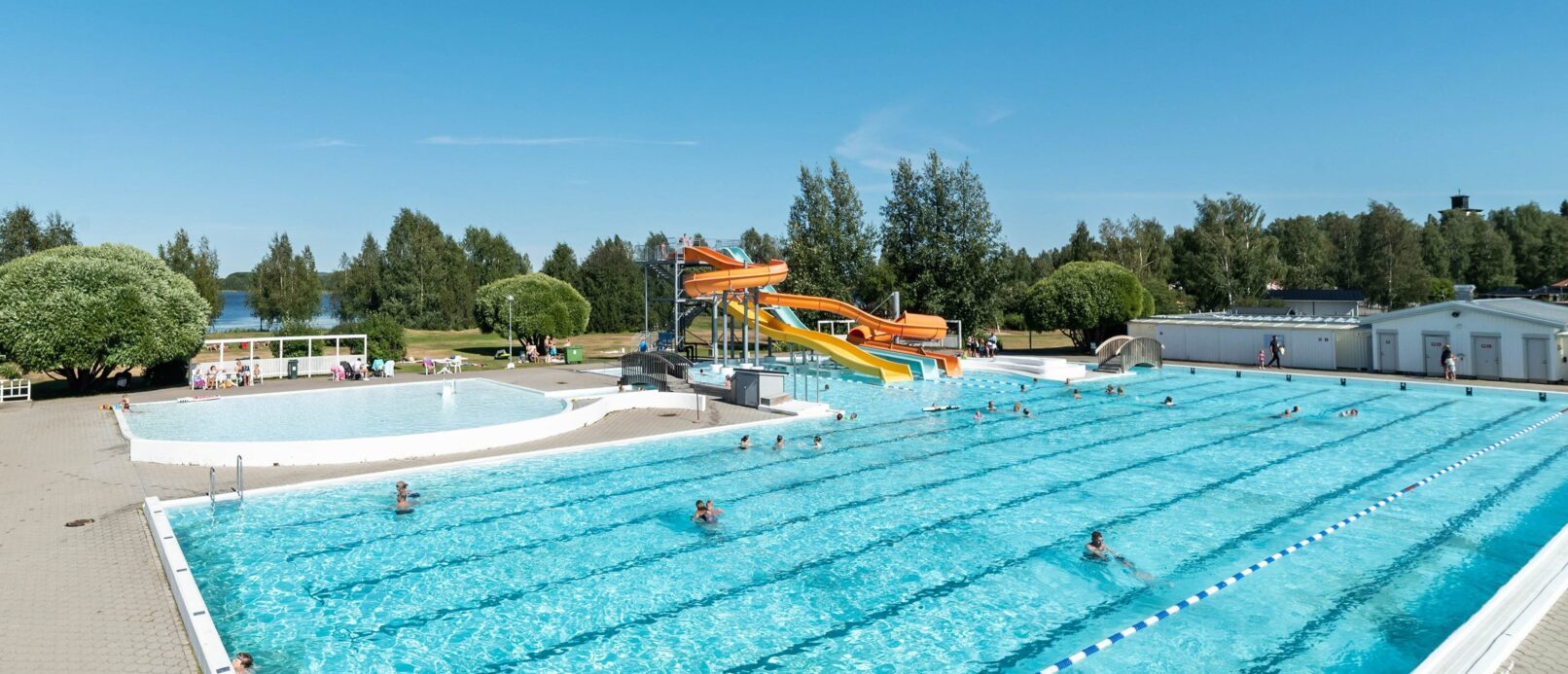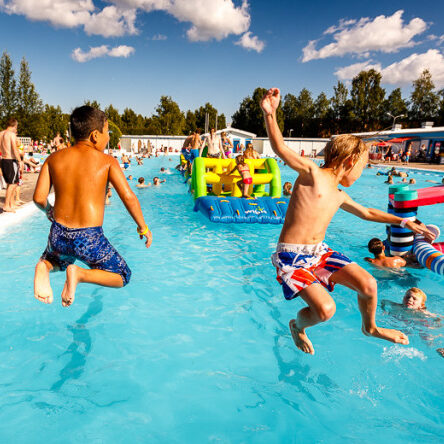First Camp Björknäs
[cbxwpbookmarkbtn]
Bo i den lilla staden mitt i stan. På First Camp Björknäs, beläget i utkanten av Bodens hjärta, har ni nära till allt med en bekväm avskildhet.
Bo i stuga, husvagn, husbil eller tält – här finns boenden för alla önskemål. First Camp Björknäs är en modern åretruntöppen campingplats och ligger naturskönt vid sjön Bodträsket.
Campingen erbjuder över 500 stora campingtomter. De allra flesta av platserna är 120-150 kvadratmeter. Alla husvagnsplatser har tillgång till el och ett 50-tal med vatten & avlopp. All service så som duschar, kök, toaletter och WIFI är inkluderade i priset. Tillgång till tvättmaskiner köper ni i receptionen.
På First Camp Björknäs kan ni även bo i ett flertal stugor i olika storlekar och för er som vill komma närmare naturen finns ett flertal tältområden, fyra platser med el.
På campingområdet finner ni också det stora utomhusbadet samt ett hyrcenter som erbjuder bland annat minigolf, kanot, SUP, cyklar och trampbilar.
FIRST CAMP BJÖRKNÄS
Idrottsgatan 8
961 64 Boden
bjorknas@firstcamp.se
+46 921 138 50




